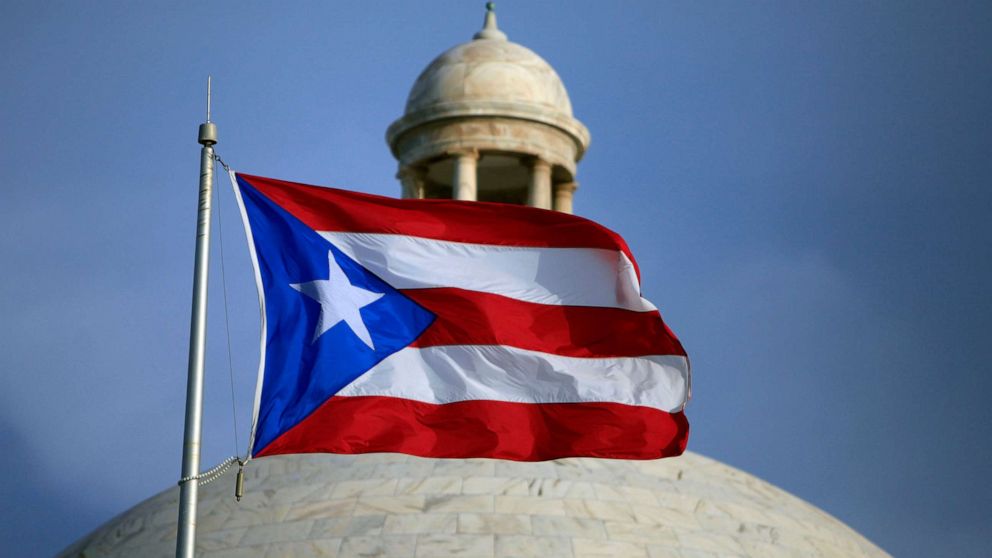Singapore Court Provides Guidance on Conducting Debtor’s Bankruptcy Application

introduction
Debtor bankruptcy claims may be considered less common than creditor bankruptcy claims. The law relating to the conduct of debtor bankruptcy applications, including the relevant tests and the burden of proof, is thus less often explored. In Ré then Feng [2022] SGHCR 1, the High Court of Singapore has provided guidance in this regard.
The Court considered a number of issues regarding the debtor’s bankruptcy claims. Who has the right to intervene? What must the debtor demonstrate to succeed in his application? On what grounds will the Court reject an application and what are the relevant criteria?
In this case, the plaintiff requested a bankruptcy order against himself, but various creditors opposed the request. The court ruled in favor of the creditors, holding that they had the right to be heard in the proceedings.
The Court further found that the Applicant had committed a material offense by failing to file a complete inventory (“SOA“), ordering the Applicant to refile the SOA. The Applicant ultimately failed to do so within the time limit and the bankruptcy petition was dismissed.
In this update, we provide a summary of the key points of the Court’s decision and what it means for future bankruptcy filings by debtors.
Quick facts
The plaintiff debtor had asked to declare himself bankrupt.
Some creditors have successfully obtained permission to intervene to oppose the application for bankruptcy (“BA”). Among other things, the creditors requested:
- the BA must be rejected due to the plaintiff’s failure to disclose certain assets and/or the assignment of assets; and
- the BA be revoked or suspended on the grounds that litigationable issues had been raised about the claimant’s stated inability to pay his debts
Holding of the High Court
The Court ruled in favor of the creditors and ordered the Petitioner to refile his SOA in order to disclose the necessary information. He did not and the BA was therefore removed from his position.
Right of intervention
The Court authorized the creditors to intervene in the BA. This was based on Rule 14 of the Insolvency, Restructuring and Dissolution (Personal Insolvency) Rules 2020 (“IRP“), which allows the Court to order service of a claim and supporting affidavit on any person who may be affected by the order or other relief sought, and provides that any person so served or notified has the right to be heard.
On the facts, the Court concluded that the creditors belonged to the category of persons likely to be “affected” by a bankruptcy order against the Applicant. The Court also rejected the Applicant’s argument that PIR Rule 14 does not apply to of the debtor bankruptcy petitions.
The Court therefore ordered the Petitioner to serve the BA, the supporting affidavit and the SOA on the creditors.
Burden and standard of proof
The Court held that, in a debtor’s BA, it is the debtor who must convince the Court of his inability to pay his debts. The Court also expressed the view that the cash flow test could be used to determine whether a debtor is unable to pay its debts, even in the context of an individual’s bankruptcy.
As to the standard of proof, the Court pointed out that a debtor’s admission of insolvency and statements regarding its financial affairs would not be considered conclusive, particularly where opponents of the claim have reasonable grounds to question if the debtor is in fact unable to pay his debts. In such circumstances, the obligor may be required to provide evidence to support the accuracy and truthfulness of its SOA, and if it fails to do so, the court may draw an adverse inference against it.
Rejection of request
Under Section 315(2) of the Insolvency, Restructuring and Dissolution Act (“IRDA“), the Court may reject the application for bankruptcy if it appears to it that the plaintiff has contravened one or other of the provisions of the IRDA or the PIR. The Court had here to determine whether the alleged non – Plaintiff’s disclosures justified the rejection of Plaintiff BA.
The Court held that when considering whether a contravention of the IRDA or the PIR warrants dismissal of the bankruptcy petition, it may consider the materiality of the contravention and whether the contravention is remediable.
- In terms of materiality, a contravention would be material when it directly affects the court’s ability to adjudicate the bankruptcy claim fairly and properly.
- In terms of reparation, where a material contravention is irremediable or where the debtor refuses or fails to remedy it, the ability of the court to rule on the application for bankruptcy would be irremediably compromised, which would justify the dismissal of the BA. Conversely, where the breach can be remedied in a timely manner, the court should normally delay dismissing the bankruptcy petition.
On the facts, the Court found that the Applicant failed to disclose certain sums as part of his assets and to account satisfactorily for the disposal of other sums. As such, he had failed to file a full, complete and accurate SOA contrary to IRDA 308(2)(a).
Although the Court found that this was a material breach of the IRDA, it was of the view that the deficiencies could be corrected. The Court therefore ordered the Claimant to refile the completed SOA to the satisfaction of the Court within the time allowed, failing which the BA would be dismissed.
The applicant eventually failed to refile the SOA before the deadline, which resulted in the rejection of the BA.
Oppose an application
The Court went on to consider the principles applicable when a creditor seeks to stay or dismiss proceedings in a debtor’s BA.
The Court held that the same threshold applies whether it is a debtor requesting the dismissal of bankruptcy proceedings brought by a creditor or one creditor requesting the dismissal of the bankruptcy proceedings initiated by the debtor – the threshold of “justiciable questions”. This means that the court can suspend or dismiss a debtor’s BA if a creditor raises a justiciable issue (for example, whether the debtor has other realizable assets that could be used to pay its debts, or the existence or debt amount).
In this case, the Court found that the creditors had met the threshold, demonstrating justifiable issues as to the Applicant’s ability to pay his debts which were pending determination in certain separate proceedings. This would have justified a suspension of the BA pending the conclusion of the separate proceedings.
Concluding words
The Court’s decision provides valuable insight into the conduct of a debtor’s BA, including what the plaintiff must prove for the claim to be granted and what must be shown for the claim to be dismissed or stayed. The Court’s approach to the various tests demonstrates a sense of consistency, generally adopting the equivalent principles applicable in a creditor’s BA.
For any other questions, do not hesitate to contact our team below.



/cloudfront-us-east-2.images.arcpublishing.com/reuters/4WJAEGLQRNI23P42V6C234WPIA.jpg)



